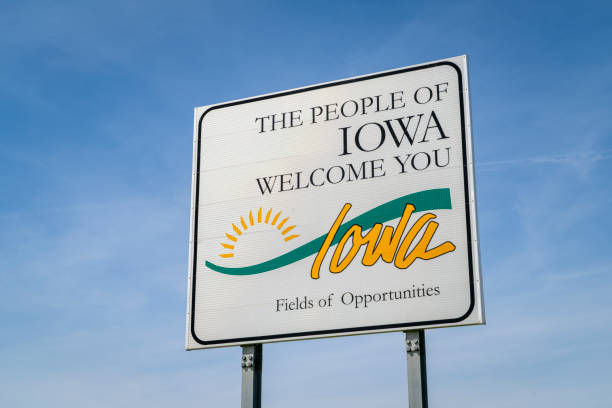Fentanyl Testing on the Horizon: How the DOT’s Proposal Impacts Employers and Screening Programs
- myHRscreens Expert

- Nov 6, 2025
- 3 min read

The U.S. Department of Transportation (DOT) has announced a proposal to add fentanyl to its regulated drug-testing panel. As fentanyl-related incidents continue to rise nationwide, this update reflects the DOT’s ongoing commitment to improving transportation safety. For employers, particularly those with safety-sensitive positions, this proposed change carries significant operational, compliance and workforce implications.
Below is a breakdown of what the proposal means, how it may impact employers, and what the pre-employment screening industry should prepare for.
Table of Contents
Understanding the DOT’s Proposed Change for Fentanyl Testing
Under current DOT regulations, drug tests include five standard categories: marijuana, cocaine, amphetamines, opioids, and phencyclidine (PCP). The proposal introduces fentanyl-a synthetic opioid that is 50 to 100 times more potent than morphine—into the opioid panel as a standalone target analyte.
This change follows rising concerns surrounding fentanyl misuse and its potential to impair workers in safety-sensitive roles. If enacted, the rule would require all DOT-regulated employers to incorporate fentanyl testing into their existing drug-testing programs, including pre-employment, random, reasonable suspicion, post-accident, and return-to-duty testing.
Why DOT Is Targeting Fentanyl
Fentanyl has become one of the leading drivers of overdose deaths in the U.S., and its presence is increasing across industries. In safety-sensitive sectors such as transportation, logistics and aviation, the risks associated with fentanyl impairment are especially high. The DOT’s proposal aims to:
Strengthen workforce safety in positions where impairment poses significant public risk
Align federal testing standards with current drug-use trends
Provide clearer detection of synthetic opioids not fully captured by existing opioid panels
For employers, this reflects a heightened federal focus on combating synthetic opioid misuse in the workplace.
What This Means for Employers
If approved, the DOT’s new requirement will directly influence multiple aspects of employer compliance and workforce management.
Employers governed by DOT regulations will be required to update their drug and alcohol testing policies to include fentanyl testing, which means revising employee handbooks, acknowledgment forms and supervisor training materials. In addition, employees will need clear communication about the addition of fentanyl to testing protocols, the potential implications of positive test results and their rights and responsibilities under DOT rules.
As a result, employers should anticipate increased questions and prepare to provide proactive education to ensure workforce understanding and compliance.
Impact on the Pre-Employment Screening Industry
The proposed rule is poised to influence screening providers, labs, and HR technology partners in several ways.
1. Testing Panels and Laboratory Capacity
Labs will need to update testing methodologies to accurately detect fentanyl and integrate confirmatory testing procedures. Providers must ensure that their testing panels meet DOT requirements once finalized.
2. Updated Compliance Workflows
Screening providers will update:
Chain-of-custody forms
DOT procedural documentation
Compliance-aligned reporting and result interpretations
ATS, HRIS and onboarding platforms integrated with screening partners may also require updates.
3. Increased Demand for Guidance and Support
Employers will rely heavily on screening partners for:
Clear explanations of the policy change
Updated compliance resources
Training support for HR and safety teams
Providers who offer education will be positioned as strategic partners during the transition.
Preparing for the Future of DOT Compliance
The DOT’s proposal to add fentanyl to its drug-testing panel reflects the evolving landscape of workplace safety and substance abuse trends. Employers who stay ahead of this change- by updating policies, working closely with their testing providers and educating their workforce- will be best positioned to maintain compliance and protect both their teams and the public.
As updates continue, MyHRScreens will closely monitor the rulemaking process and provide guidance to help employers and partners navigate the transition effectively. For more information on how we can support your compliance efforts, contact MyHRScreens today at ccooley@myhrconcierge.com, 855-538-6947 ext. 108, or, schedule a free consultation below:




Comments